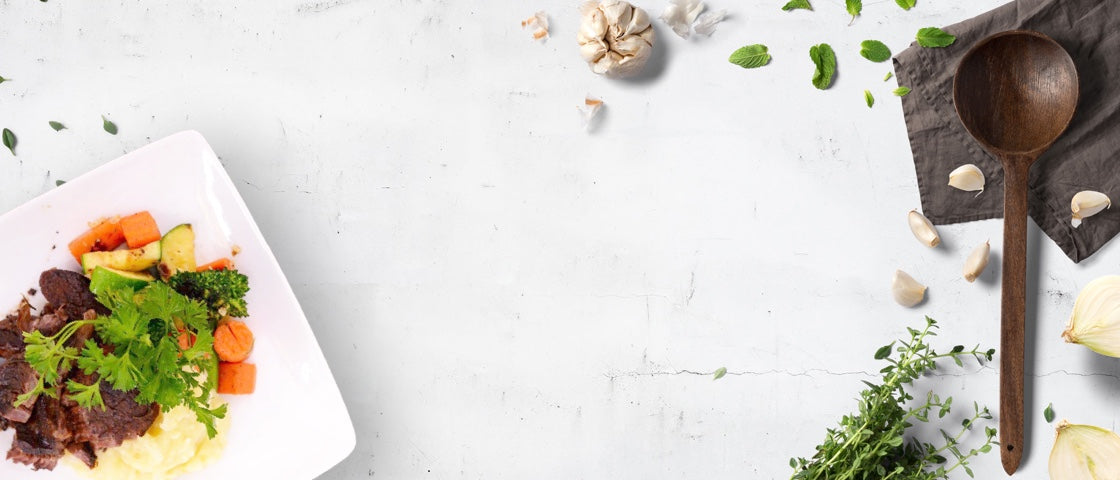You’ve probably heard of “al dente” when cooking pasta or vegetables. But what does al dente mean? And what are the benefits of cooking pasta and vegetables al dente, if any?
Read on to learn the benefits of cooking vegetables “al dente” and why you should add some of these delicious and nutritious foods to your diet.
What Does Al Dente Mean?
Al dente is an Italian phrase that means “to tooth” when directly translated. While this doesn’t make sense to the average English speaker, it is a term used to describe food that is still slightly hard in the middle, namely vegetables and pasta.
The term has been part of Italian culture for centuries and it's made its way to other parts of the world, including the United States.
Which is Better for You: Raw or Cooked Vegetables?
Raw vegetables naturally contain the vitamins and minerals required to keep the human body going. However, the human body cannot absorb many of these vitamins and minerals in their raw state.
Additionally, cooking is required for many vegetables to make the peel edible. Prime examples include zucchini and summer squash, which are difficult to eat raw but easily consumed when cooked.
Therefore, cooking your vegetables rather than leaving them raw to get the most vitamins and nutrients possible is better. The only exception is vegetables containing vitamin C, as Vitamin C can be cooked off during the heating process. This explains why oranges and strawberries are almost always served raw.
What Are the Benefits of Cooking Vegetables Al Dente?
When the term al dente was first used, it only applied to pasta. Cooking pasta al dente ensured the pasta was soft enough to be edible but removed from the water while still slightly hard. This remaining firmness helped the pasta retain its shape and improved the dish's overall flavor.
The same is true for vegetables. Cooking vegetables is essential for getting as many nutrients as possible, but overcooked veggies can be soggy, soft, and unappetizing.
By only cooking your vegetables until the al dente point, you will have nutritious and warm veggies, but they will still be firm in the middle, thus retaining their crunch, flavor and nutrients.
How Can You Cook Vegetable Al Dente?
Because the term al dente refers to a state of doneness, you can use any method to cook vegetables al dente. Whether you are sautéing, roasting, or baking your veggies, set a timer for a little before you expect them to be done, so you can remove them from the heat when they are al dente.
Wondering How to Add Al Dente Veggies to Your Diet?
When your life is busy, adding cooked veggies al dente to your daily meals can be difficult. Here at Farm Fresh Meals, all our vegetables are cooked al dente, ensuring you get the most nutrients from your vegetables while keeping them tasty!
Check out our menu to start getting your al dente veggies. You can purchase meals a la carte or save time and money by choosing the Subscribe & Save option!


